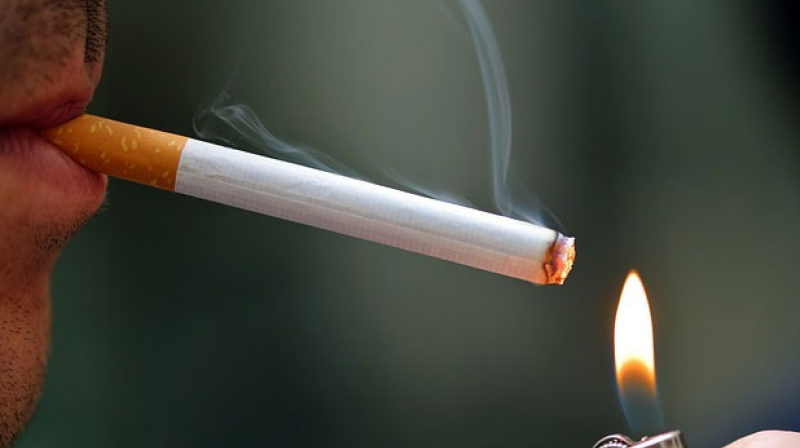Lung cancer risk remains even after quitting smoking
Researchers found that expanding lung cancer screening to include ex-smokers could reduce cancer associated mortality.

Washington D.C.: Smoking doubles the chance of lung cancer and the risk remains high even years after "kicking the butt," according to a new study.
The study by Mayo Clinic researchers found that expanding lung cancer screening to include people who quit smoking more than 15 years ago could detect more cases and further reduce associated mortality.
Lead author Ping Yang said that a decline in smoking rates has been, and continues to be, a critical step to reduce lung cancer risk and deaths, but it also means that fewer people have benefited from early detection of lung cancer, because more patients don't qualify for low-dose CT scans.
The current lung cancer screening criteria set by the U.S. Preventive Services Task Force (USPSTF) recommends CT screening for adults between the ages of 55 and 80 who have smoked at least one pack a day for 30 years and are still smoking, or have quit within 15 years.
The researchers found that, compared to other risk categories, patients who quit smoking for 15 to 30 years accounted for the greatest percentage of patients with lung cancer who didn't qualify for screening. The newly defined high-risk group constituted 12 percent of the hospital cohort and 17 percent of the community cohort.
Yang recommends additional research to confirm if similar trends are being seen in populations beyond Olmsted County Minnesota. If confirmed, she recommends that policymakers consider changing the lung cancer screening guidelines to include people who quit smoking more than 15 years ago. She also recommends that policymakers continue to re-examine lung cancer screening criteria to account for changes in groups that are most at risk.
The study is published in the Journal of Thoracic Oncology.

